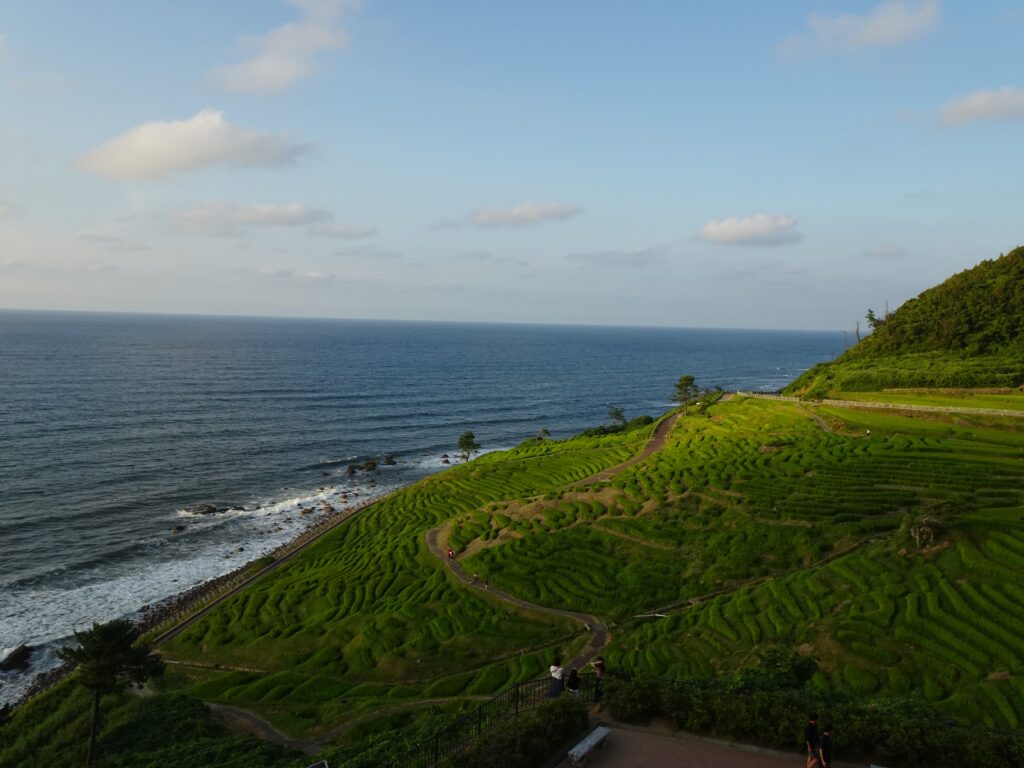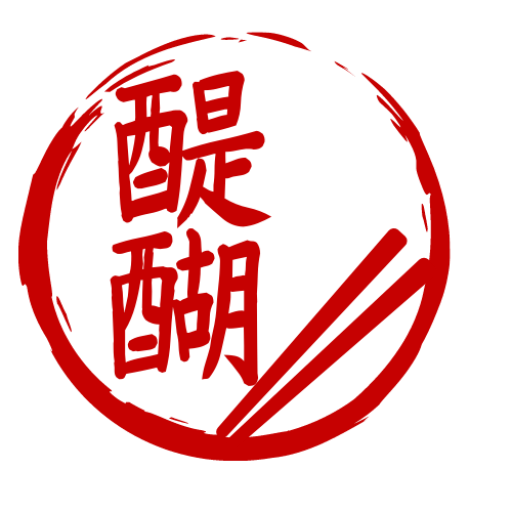In a world where industrial foods are steadily replacing wholesome foods, especially for lower-income people, it’s becoming increasingly difficult to maintain healthy eating habits. Obesity rates are very high in many Countries, and the food production sector is objected to criticism: from factory farming to monoculture crops, many are questioning the humanity and eco-sustainability of the model.
I am convinced that Japan’s traditional culinary culture –Washoku, with its emphasis on balancing nutrients- can be a reference model to try and tackle some of these issues. Japan has the lowest obesity rate in the OECD Countries; its culinary culture has been historically more reliant on vegetables and seafood than meats, and at its core, Washoku boasts not only a deep awareness of the seasonality but also strong ties between the foods and the territory, giving great relevance to the locality of production.
Although there aren’t easy fixes on how to solve the rise of obesity rates or in figuring out a more natural food production system while feeding the billions of people living on this planet, Washoku is not only the culinary culture of Japanese people but also a patrimony of all humanity. Let’s put it to good use.

